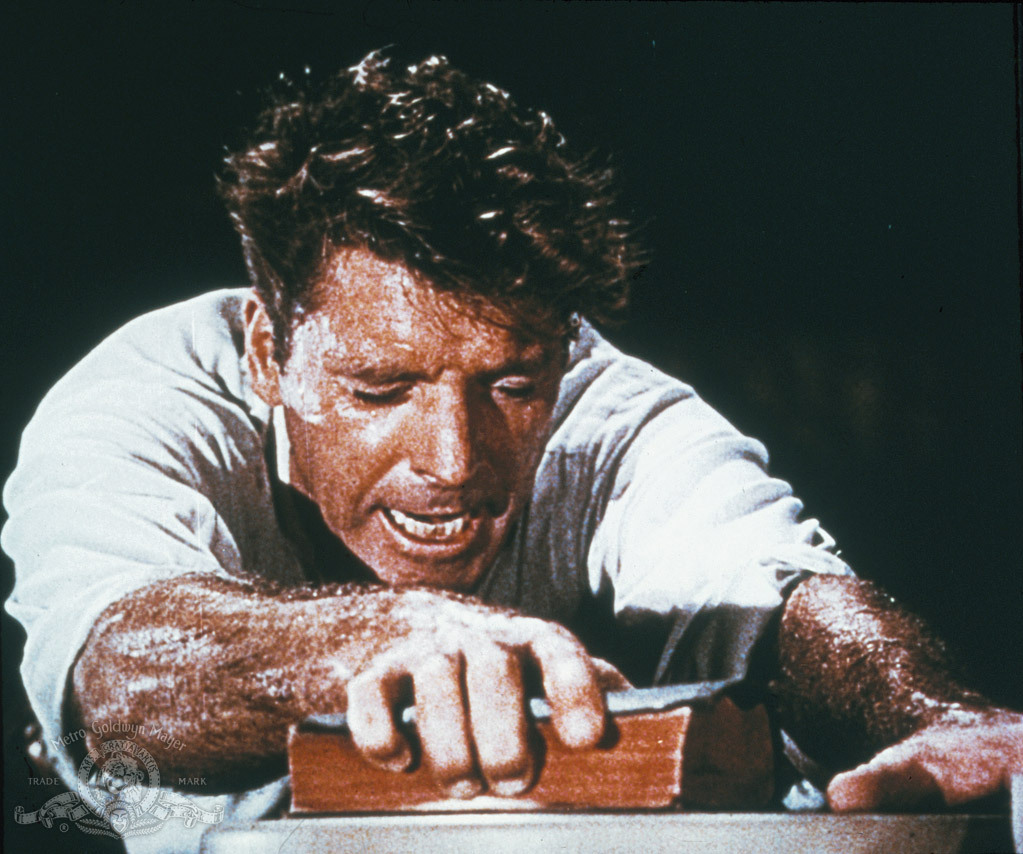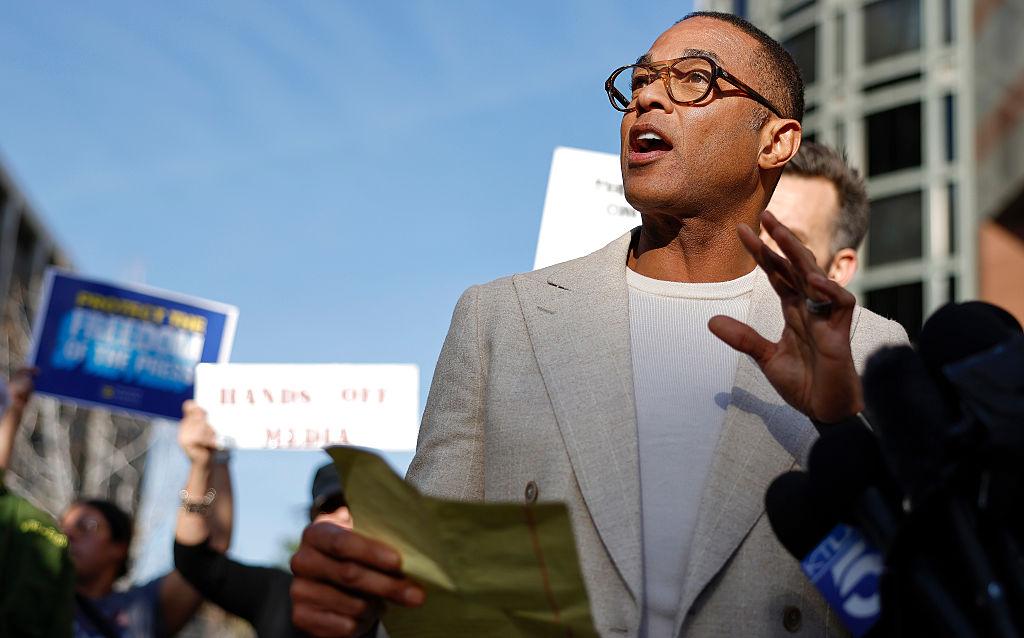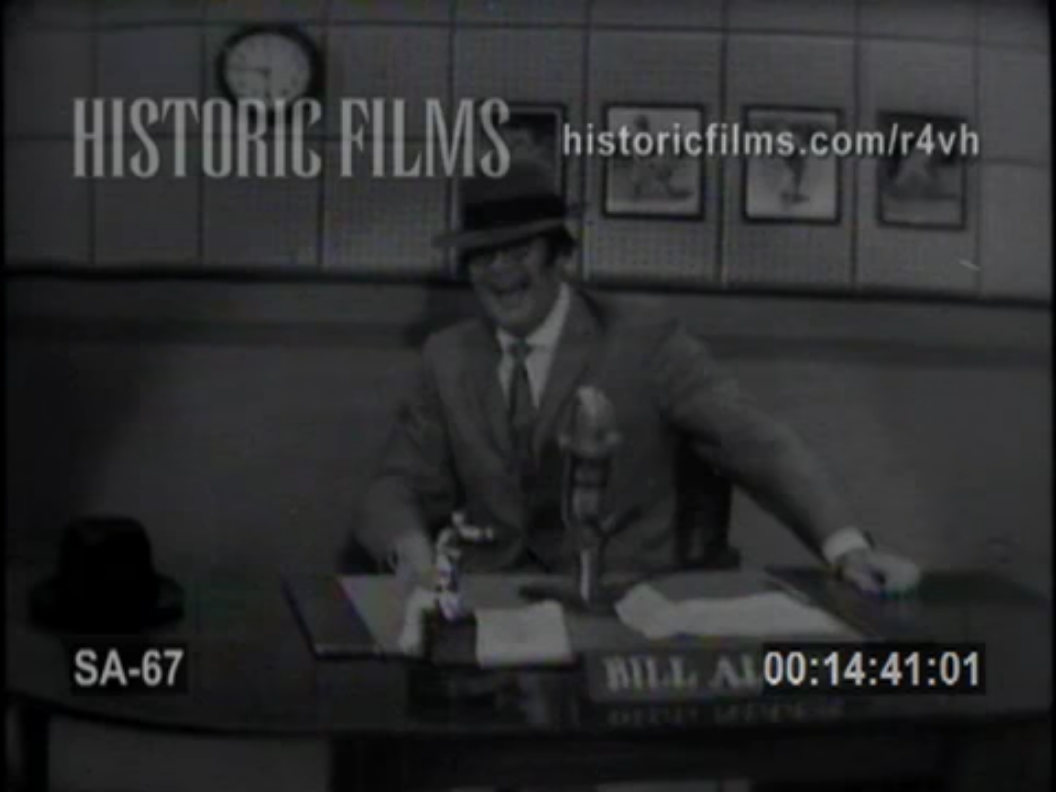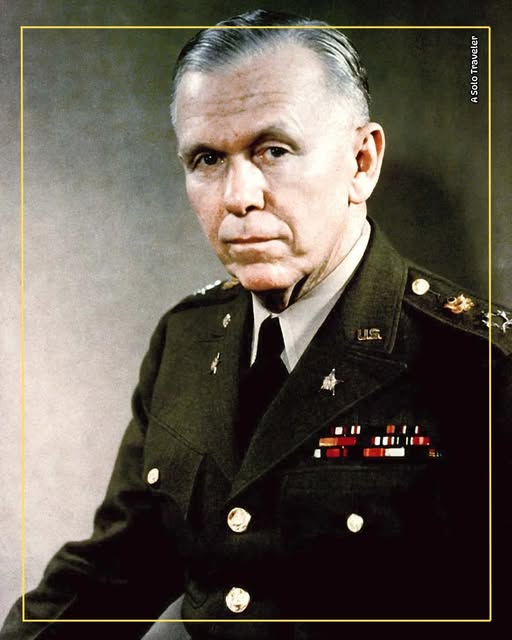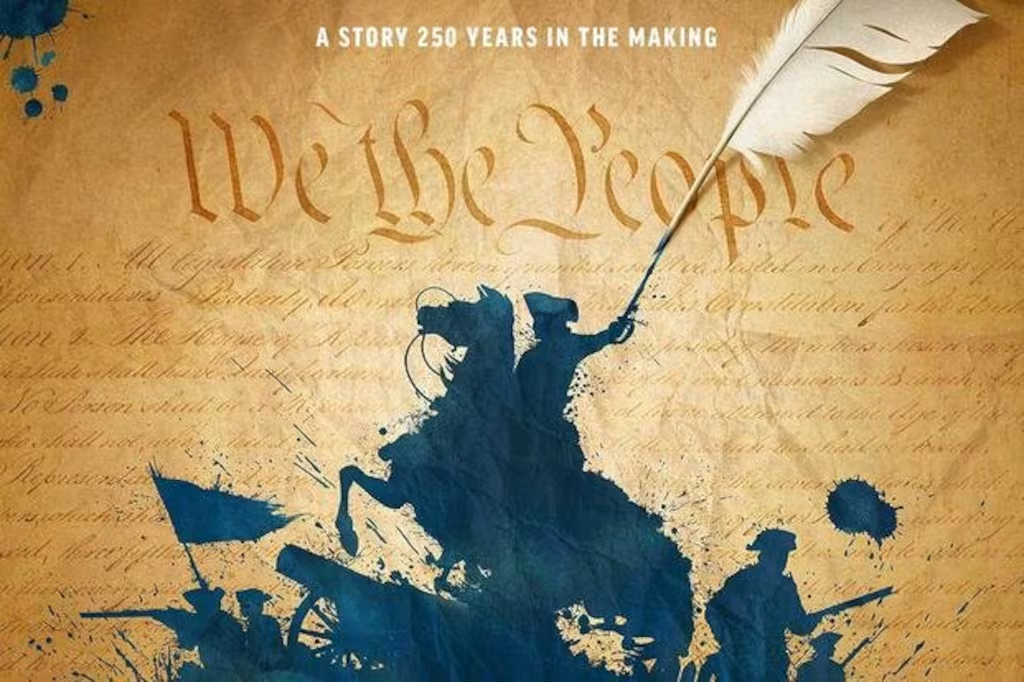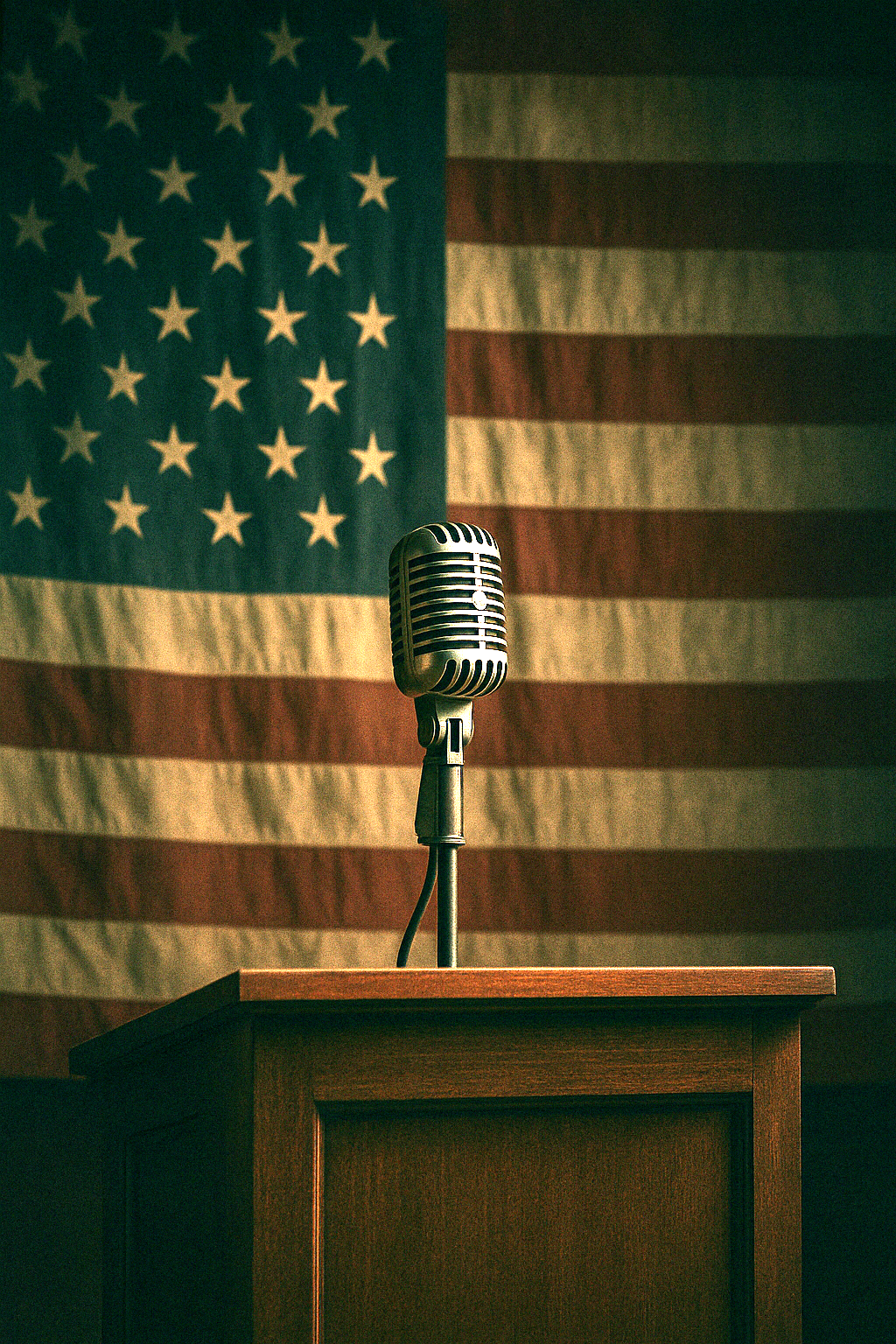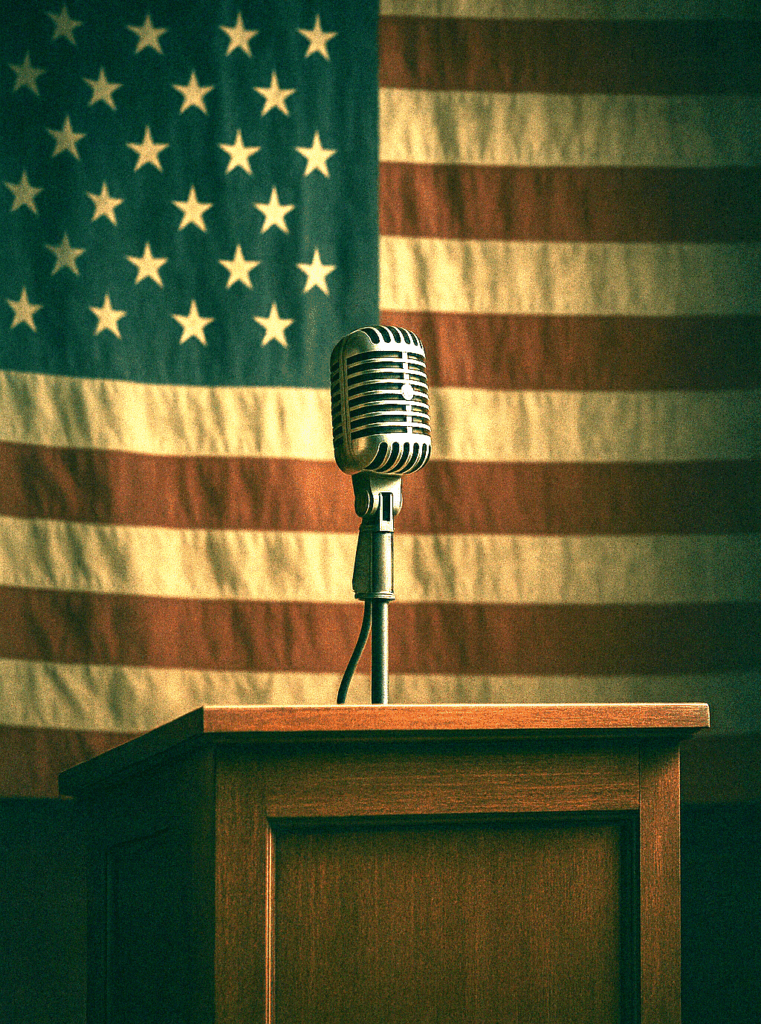
That title is not hyperbole —it’s a reflection of a reality too many dismiss as over the top.
Democracy depends on reason—on the willingness of citizens and leaders alike to engage honestly, argue respectfully, and govern responsibly. It’s the democracy I studied in high school and college, reading The Federalist Papers, Alexis de Tocqueville, and Thomas Paine. It’s a system rooted in reasoned debate, civic virtue, and public trust.
But that system is under siege from within.
We are living through a moment where reason is no longer a requirement, where truth is treated as optional, and where loyalty to one man has replaced loyalty to country. What we face now is not a battle over policy. It’s a battle over truth. And the weapons being used—grievance, intimidation, and distortion—are aimed not at solving problems, but silencing dissent.
This is not how leadership works. This is how fear works.
What holds some office holders in place is not shared vision, but survival. The fear of losing favor. Of being “primaried,” of telling the truth about an election, an insurrection, or a character flaw so glaring it should disqualify anyone from public service. So they fall in line—repeating slogans they don’t believe, defending conduct they once condemned.
That’s not leadership. That’s moral surrender.
When reason is cast aside, what fills the void is anger, resentment, and vengeance. Lies are not just tolerated, they’re amplified. And the more shameless the lie, the louder the applause.
Just look at the latest examples.
Texas Governor Greg Abbott, at Trump’s urging, threatened to remove Democratic lawmakers from office—even extradite them—for leaving the state to block a GOP redistricting scheme. Their offense? Using a constitutional tactic to stop a blatant power grab—all to add five safe GOP seats in next year’s election. The playbook is the same: rewrite the rules to hold power, not serve the people.
Last week, Donald Trump fired Bureau of Labor Statistics Commissioner Erika McEntarfer the same day she released a report showing slower job growth and rising unemployment, calling the data “phony.” Politifact called it “Pants on Fire.” The Wall Street Journal: “So were the jobs data that were ‘positive’ in the morning rigged by the afternoon? Of course not.”
Anything this president opposes gets slapped with a label: rigged, fake news, hoax—not because it’s false, but because it doesn’t fit his narrative of lies and misdirection. You don’t need Penn & Teller to see through the illusion.
This is not politics as usual. It is the elevation of unreason—the rejection of critical thought, civic virtue, and moral responsibility. And make no mistake, this is not an accident. It is cultivated, broadcast, and repeated by those who have traded integrity for influence. Where once political courage meant standing on principle, now it means proving your devotion, no matter how far you have to crawl.
The ethical toll is enormous.
When leaders ask us to ignore what we see and hear, they’re not challenging the system—they’re hollowing it out. And when facts lose their footing, democracy loses its foundation.
Ethics isn’t just about compliance. It’s about the character, honesty, fairness, and responsibility we bring to public life. It means standing up for something, especially when it’s hard.
This is not simply a political moment. It’s a moral test.
Do we still believe that truth matters more than loyalty to one individual? That character matters in those who lead? That public service is about courage, not convenience?
Because if we don’t, then we’ve surrendered more than a debate—we’ve surrendered the soul of democracy itself.
History reminds us: division is never abstract.
As David McCullough said in Ken Burns’ The Civil War, “The war was fought in 10,000 places… and the war came home to every house, north and south. It was fought by the millions, but the war was also very personal.”
That’s what’s at stake again—not with muskets and cannon fire, but with truth, trust, and the fragile bonds that hold a nation together. This moment, too, is personal. It reaches into classrooms, courtrooms, dinner tables, and voting booths. And the damage doesn’t end with one person. It lingers—in institutions, in culture, in the quiet cynicism of those who no longer believe that facts matter.
The real danger isn’t the lie—it’s how long it lasts.
These are the times that try men’s souls, Thomas Paine wrote in an earlier moment of national trial. Today, we face a different kind of test—not just of leadership, but of conscience.
Will we remain silent while truth is distorted, or will we defend the values that make self-government possible?
Fear and unreason thrive in silence.
But the soul of democracy depends on something more: the courage to speak up, and the conviction to do what’s right.
The podium still stands, the flag still waves—but the absence of truth at the microphone tells us just how far we’ve fallen.
Comments
